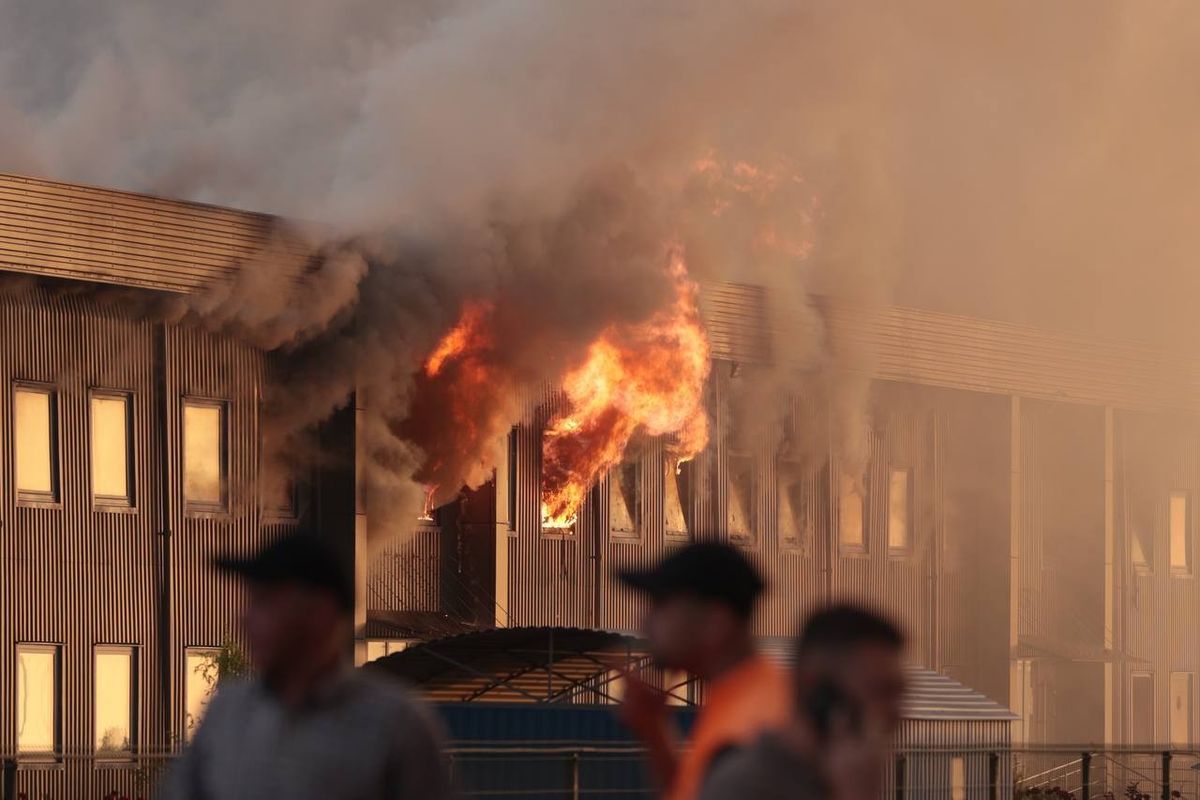The White House announced on Wednesday that President Donald Trump is nominating Susan M. Gordon to serve as the next Principal Deputy Director of National Intelligence, a role that insiders equate to that of chief operating officer for the intelligence community.
Gordon is seen as a solid supporter of public-private initiatives. She has called on the government and more specifically, the intelligence community, to prioritize innovation in order to better confront the threats facing the United States.
In a statement, Director of National Intelligence Dan Coats welcomed Gordon, saying she “will bring a wealth of experience in the Intelligence Community and an exceptional record of leadership and innovation to the job.”
Speaking at The Cipher Brief Threat Conference in Sea Island, Georgia last week, Gordon told attendees that government has to be more innovative in its approach to threats, which is a tough thing because, as she says, "it wasn’t actually designed for that."
Gordon is currently serving as the Deputy Director of the National Geospatial-Intelligence Agency, but she spent the bulk of her career at the CIA where she most recently served as Director of the Information Operations Center while also serving as the CIA Director’s chief advisor on cyber. She previously served as Director of Support, where she was responsible for worldwide security, logistics, finance, information technology, and personnel for the Agency’s domestic and overseas positions.
Her long-expected nomination drew praise from those who worked closely with her.
Former Acting CIA Director Michael Morell told The Cipher Brief, “I can't think of a better person for the job. Sue knows the IC as well as anyone, the IC knows her, and she is one of the best leaders ever produced by the CIA. Her defining trait is her creative thinking and her innovative approaches to issues. She has a rare ability to think outside-the-box but to be able to make that thinking work inside-the-box. Sue will serve President Trump, DNI Coats, the women and men of the IC, and the American people extraordinarily well.”
Gordon started at the CIA in 1980 as an analyst in the Office of Scientific and Weapons Research – the part of the CIA that’s responsible for technical analysis of foreign space and missile systems. She then went on to the Agency’s Directorate of Science and Technology, and later was named the first Director of the Office of Advanced Analytic Tools.
In the 90s, she was named special assistant to the Director of Central Intelligence.
That’s when George Tenet – the Director at the time – tasked his team with finding a way to bring more innovative ideas inside the walls of Langley. Gordon cast her eye on Silicon Valley and became a driving force behind what would become a new approach to public-private partnership for the development of information technology. Today that company is known as In-Q-Tel.
Former Acting Director of the Defense Intelligence Agency, David Shedd, noted that Gordon will be “an important complement to DNI Coats given her decades-long experience as an intelligence officer in helping shape the American intelligence community of the future.”
Former CIA Director Mike Hayden calls Gordon bold but not reckless. “She fits this team very well, complementing Senator Coats and his broad knowledge of government with her hands on, detailed knowledge of the intelligence community.”
In a statement to NGA staff, Director Robert Cardillo said he knows “no one more widely respected by those inside and outside of our community than Sue. The depth and breadth of her knowledge, wise counsel and incredibly sharp mind have been invaluable to our team, our profession and our Agency.”
The Cipher Brief profiled Gordon’s role at NGA last year in a Cipher Brief Exclusive.
Suzanne Kelly is CEO and Publisher of The Cipher Brief. Follow her on Twitter @SuzanneKelly_.














